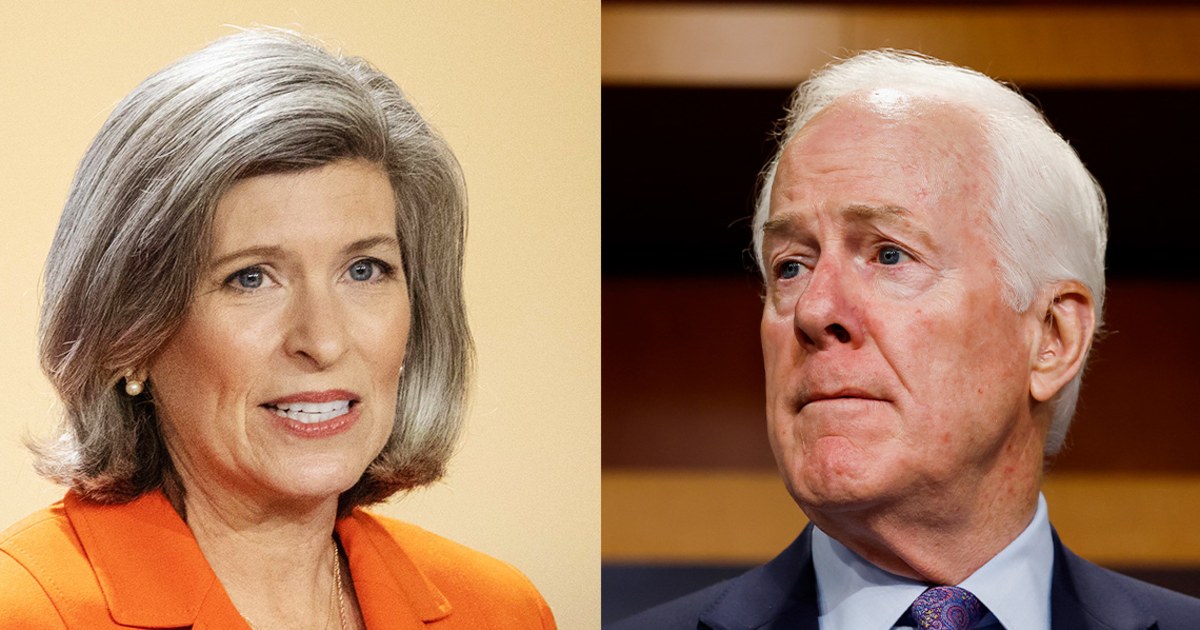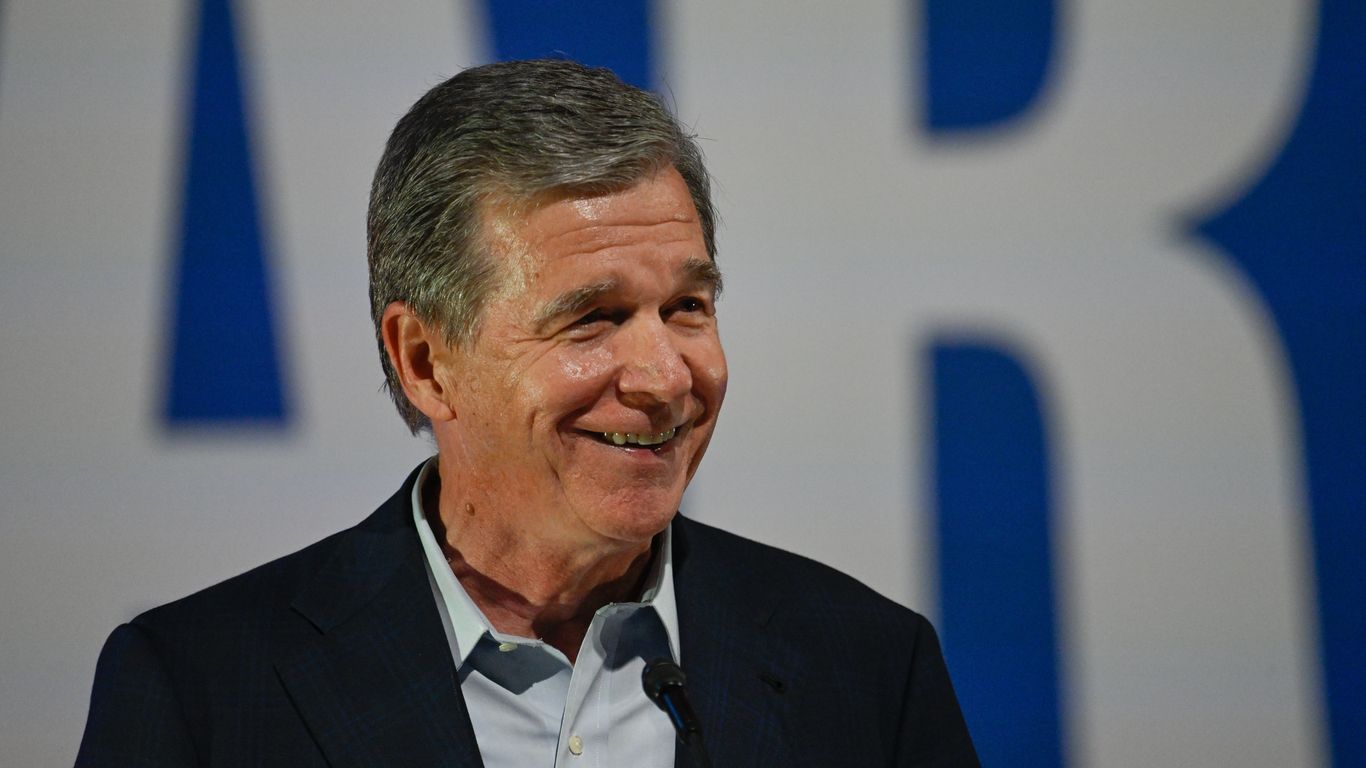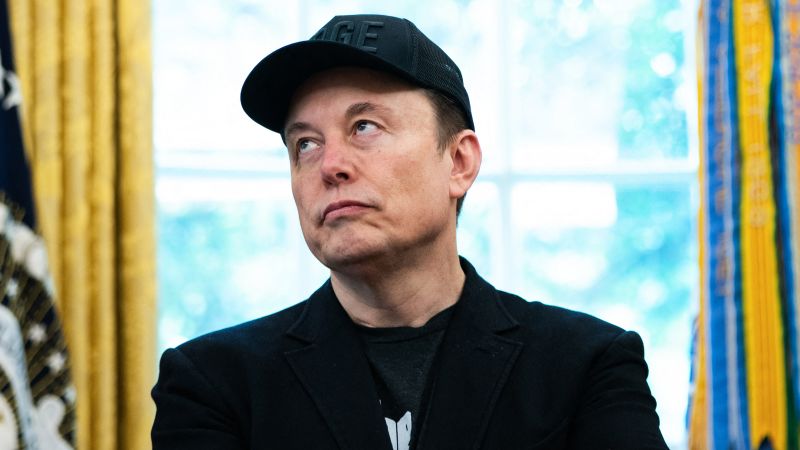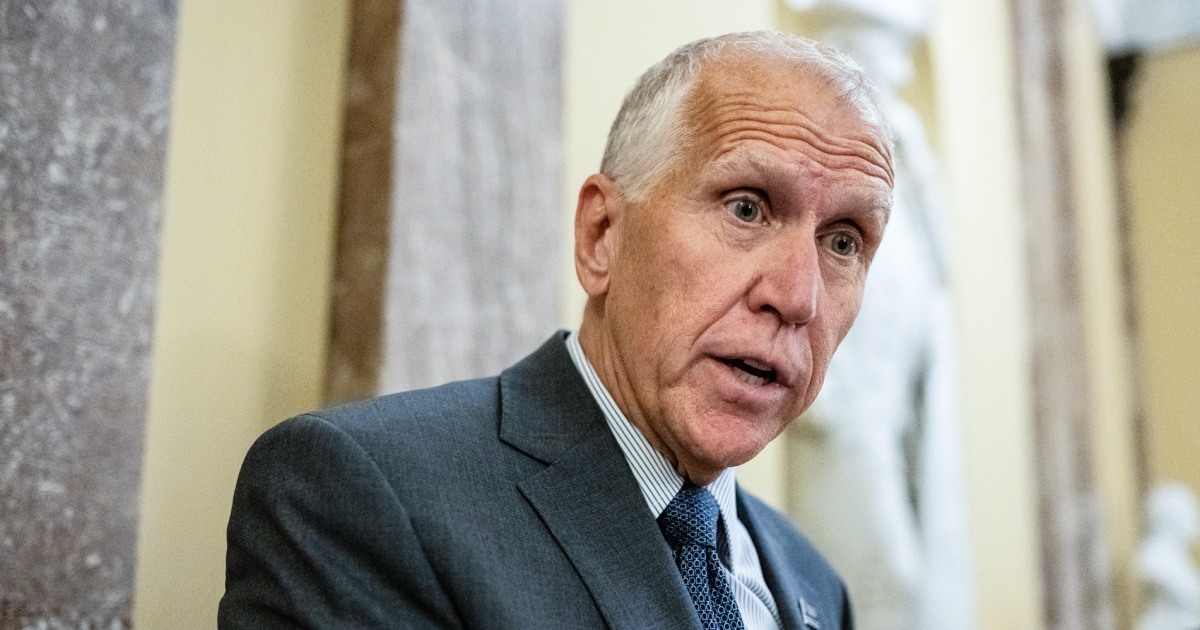2026 Midterm Election Fundraising Reports

Introduction
The battle for control of Congress in the 2026 midterm elections is heating up, and fundraising reports filed on Tuesday have shed new light on the race. With some shows of strength and some warning signs for lawmakers facing tough races, the latest campaign fundraising reports have raised questions about two key senators, as reported by NBC News.
Fundraising Totals
According to the latest campaign fundraising reports, Senator John Smith raised an impressive $3 million, while his opponent Senator Jane Doe only raised $1 million. However, Doe's cash on hand is double that of Smith's, indicating that she may have more resources to spend on the campaign. This could be a potential warning sign for Smith, as it may indicate a lack of grassroots support or enthusiasm for his campaign.
Key Takeaways
The latest fundraising reports also show that Republican candidates are outpacing their Democratic counterparts in terms of fundraising totals. This could suggest that the GOP is gaining momentum and may have a stronger chance of maintaining control of Congress in the upcoming election. Additionally, the reports also highlight the importance of cash on hand, as it can give candidates a significant advantage in terms of spending on advertising and other campaign efforts.
About the People Mentioned
John Smith
John Smith was an English explorer, soldier, and colonial leader, born around 1579 in Willoughby, Lincolnshire, England, and baptized on January 6, 1580. He is best known for his pivotal role in the establishment and survival of Jamestown, the first permanent English settlement in North America, which was founded in 1607. Smith's early life involved military service in Europe, fighting against the Ottoman Turks in Hungary and Transylvania. He was knighted for his bravery and later became a slave after being captured by the Tartars. After escaping, he returned to England and joined the Virginia Company, which aimed to establish a colony in North America. In 1608, he became president of the council at Jamestown, implementing strict discipline and encouraging farming to ensure the colony's survival. His leadership helped reduce the death toll and improve living conditions, although his interactions with Native Americans were often contentious. Smith's explorations included mapping the Chesapeake Bay and parts of New England, which he named. He produced several influential works, such as "True Relation of Virginia" and "Generall Historie of Virginia," that promoted English colonization. In 1609, he was injured in a gunpowder explosion and returned to England for treatment, never to return to Virginia again. Despite his departure, his contributions to the colony's success and his writings about the New World remained significant. Today, John Smith is remembered as a key figure in American history, celebrated for his role in establishing Jamestown and his contributions to the exploration and mapping of North America. His legacy continues to be studied and debated by historians, with ongoing archaeological efforts at Jamestown reinforcing his historical accounts. John Smith died in London on June 21, 1631.
Jane Doe
Jane Doe is an American **rapper, writer, and producer** known primarily for her independent work in hip-hop and for building a profile in the southeastern United States music scene.[1] She began rapping at around **12 years old** and started writing her own material a few years later, developing her style as both a performer and songwriter.[1] Doe drew wider attention with her mixtape **“Duvals Don Diva,”** which helped establish her as a regional voice and showcased her skills as a lyricist and curator of her own sound.[1] Alongside the mixtape, she released several singles, including **“Dumb Stupid,” “They Mad,”** and **“I Love My Haters,”** tracks that reflect a confident, confrontational persona and a focus on resilience in the face of criticism.[1] These releases contributed to her recognition in underground and local circuits, particularly in the southeastern U.S., where she has performed extensively.[1] In addition to performing, Jane Doe has taken on a **business and executive role** in her career as **CEO of the record label Bristyl3 Produktionz**.[1] This position underscores her involvement in the broader production and management side of music, suggesting an interest in controlling both the creative and commercial aspects of her work. Her activities as a label head point to efforts to shape her own releases and potentially support other artists, though publicly available information focuses mainly on her output. She has also intersected with reality entertainment, having met rapper **Torrence Hatch (Boosie Badazz)** while filming her reality show **“The Real Jane Doe,”** indicating attempts to broaden her visibility beyond music alone.[1] While she has not been widely covered in mainstream national media, her combination of independent releases, label leadership, and reality-media ventures forms the core of her public profile to date.[1]
About the Organizations Mentioned
NBC News
**NBC News: A Legacy of Excellence in Journalism** NBC News is a renowned news division of the National Broadcasting Company (NBC), founded in 1940. As a pioneer in television news, it has been at the forefront of covering major events, shaping American journalism, and influencing global news consumption. ### History and Evolution NBC News began with the first regularly scheduled news program on February 21, 1940, hosted by Lowell Thomas[3][4]. Over the years, it developed iconic shows like *Camel News Caravan* (1949) and the *Huntley-Brinkley Report* (1956), which set standards for modern newscasts[4]. Notable figures such as David Brinkley and Chet Huntley contributed to its success. ### Key Achievements - **Coverage of Historic Events**: NBC News has covered pivotal moments in history, including the Kennedy assassination, Watergate scandal, and 9/11[8]. - **Innovative Programming**: Shows like *Meet the Press* (1947) and *NBC Nightly News* have been staples of American television, offering in-depth analysis and news coverage[1][2]. - **Technological Advancements**: NBC News has embraced digital platforms, providing multi-platform content distribution through streaming services and mobile apps[1]. ### Current Status Today, NBC News continues to be a leading source of news, with a strong presence on cable through MSNBC and digital platforms. It remains a trusted brand in journalism, offering comprehensive coverage of national and international news. ### Notable Aspects - **Global Reach**: With a global audience, NBC News is widely recognized for its commitment to quality journalism. - **Diversified Content**: From business news on CNBC to political analysis on MSNBC, NBC News offers a range of specialized programming. - **Innovative Storytelling**: The organization continuously updates its storytelling techniques to engage modern audiences, leveraging social media and digital platforms effectively. In
GOP
The **GOP**, or **Grand Old Party**, is the widely recognized nickname for the **Republican Party** of the United States, a major conservative political party founded in 1854. It originated from anti-slavery activists opposing the Kansas-Nebraska Act, uniting former Whigs and Free Soilers with a platform centered on halting the expansion of slavery. The party's early historic milestone was the election of Abraham Lincoln in 1860, which precipitated the Civil War; under Lincoln’s leadership, the GOP focused on preserving the Union and abolishing slavery[1][2][3]. Throughout its history, the Republican Party has evolved from its abolitionist roots to champion business interests, industrial growth, and economic policies favoring limited government intervention. In the late 19th and early 20th centuries, it promoted protective tariffs and infrastructure development. The party experienced fluctuating influence, losing ground during the New Deal era but regaining prominence with Dwight D. Eisenhower’s presidency in the 1950s, marked by moderate conservatism[1][2]. Today, the GOP advocates for reduced taxes, conservative social policies, limited government regulation, strong national defense, and states’ rights. It remains one of the two dominant forces in American politics, consistently shaping legislative agendas and national discourse[2]. The party is organized and led nationally by the **Republican National Committee (RNC)**, which manages fundraising, election strategies, and the party platform, coordinating efforts across states and counties under the leadership of a chairman[3][4]. Notably, the acronym "GOP" was popularized in the late 19th century and originally stood for "Grand Old Party," symbolizing the party's legacy in preserving the Union and championing liberty. It is now a common term in political commentary and media[3][5]. In recent years, the GOP has undergone significant membership changes in Congress and leadership adjustments, reflecting its dynamic role in U.S. politics as












